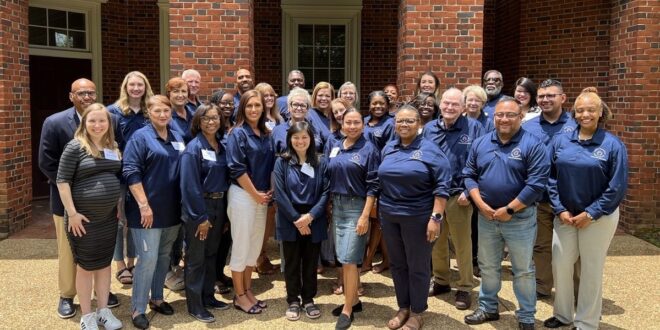Expansion of Equitable Neighborhoods Initiative
A project initiated by the University of Alabama (UA) called the Equitable Neighborhoods Initiative (ENI) is expanding its efforts to equip communities in the state to be more resilient to health disparities. With a one-year, $3.7 million extension of the original grant, ENI is adding five new communities to its program. In collaboration with the Centers for Disease Control and Prevention (CDC) and the Alabama Department of Public Health, ENI will have access to $7.8 million over three years to work with a total of 20 communities in the state.
Goals and Objectives
Led by the UA Center for Economic Development, ENI aims to address health disparities exacerbated by the COVID-19 pandemic in communities while also building capacity to meet future health and quality-of-life challenges. The initiative specifically focuses on serving minority and rural communities that have experienced COVID-19 health disparities among high-risk and underserved populations. The ultimate goal of ENI is to improve health equity and build capacity for a healthier future in Alabama communities.
Implementation Strategy
In each community, ENI establishes an advisory group and a youth council to implement the initiative. These groups work towards developing a health equity plan and building a “healing zone” within the community. The initiative also conducts capacity-building workshops in each community, covering topics such as health disparities and community engagement. The teams formed through these workshops then devise plans to address COVID-19 and improve neighborhood health outcomes. This approach aims to create a network of informed and active community members who can advocate for and assist their communities in dealing with health issues.
Past Achievements
The 15 communities initially included in the program have already achieved significant milestones. These communities developed resource directories to help residents access health resources and hosted mental health first-aid workshops. Many of the communities also organized health fairs, clinics, and workshops tailored to their specific health needs. Additionally, they created opportunities for improving health, such as launching walking groups.
New Communities Added
The five new communities added to the Equitable Neighborhoods Initiative are Fayette, Guin, Sulligent, Haleyville in northwest Alabama, and Prichard in Mobile County. These communities join the existing 15 communities in the program, which include Bayou La Batre, Blountsville, Camp Hill, Coden, Collinsville, Crossville, Dadeville, Hobson City, Goodwater, Kilpatrick, LaFayette, the Ma-Chis Lower Creek Indian Tribe of Alabama, Midway, MOWA Choctaw Indians, and Pittsview.
Total Support
ENI receives support from funding made available by the CDC’s Center for State, Tribal, Local and Territorial Support. With this support and the extension to the original grant, ENI is well-equipped to continue making a positive impact on health disparities in Alabama communities.
This story was originally published on the University of Alabama’s website.
 Mind Uncharted Explore. Discover. Learn.
Mind Uncharted Explore. Discover. Learn.


